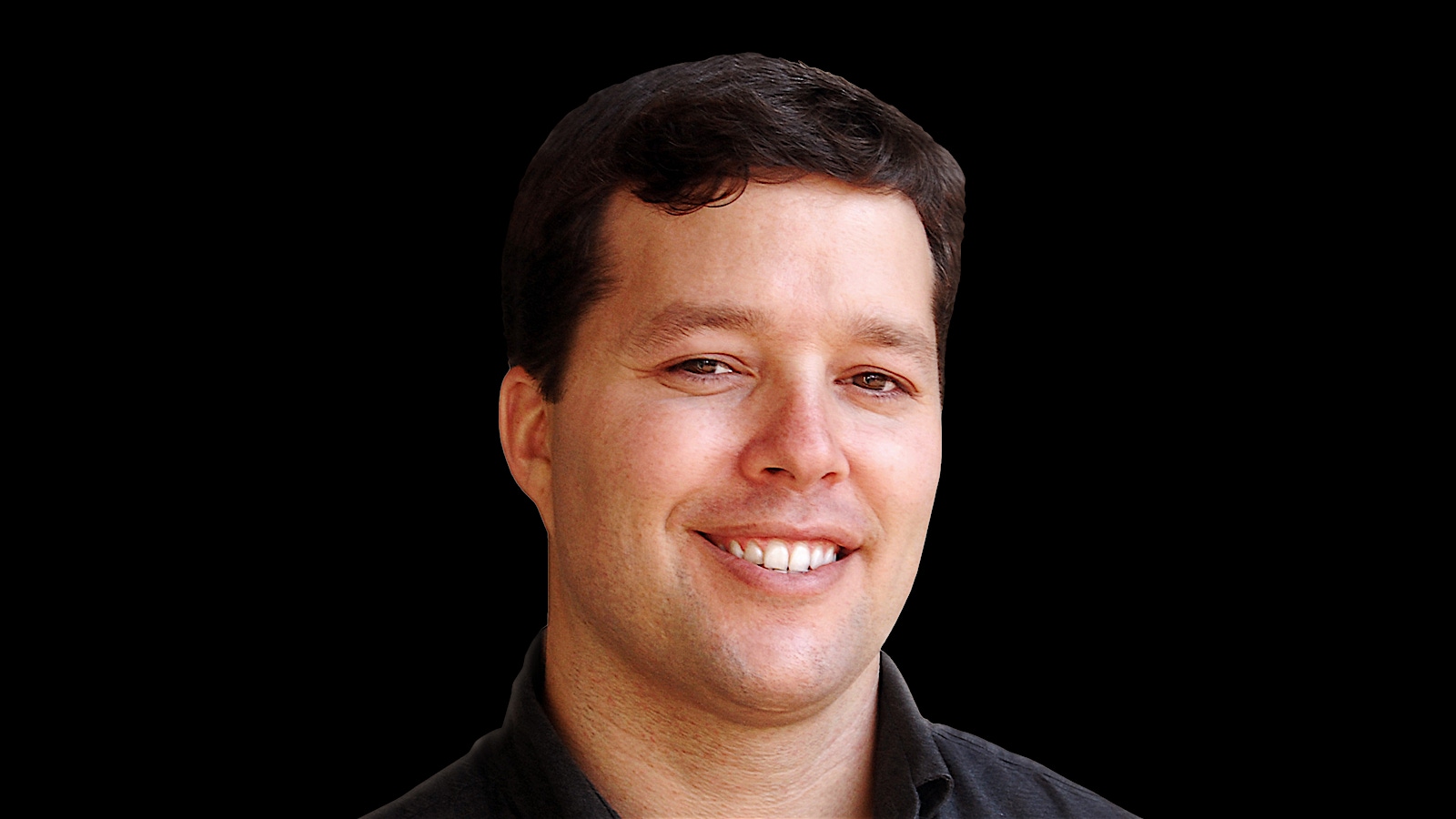
Andy Payne—architect and software developer at McNeel—on Grasshopper 2's latest features.

Andy Payne—architect and software developer at McNeel—on the origins of Grasshopper, Grasshopper 2, Rhino.Compute, teaching, learning to code, generative AI, open-source code, and his journey.

Ian Keough—CEO and founder of Hypar and the father of Dynamo—on how Hypar is creating the next-generation platform to design, generate, and share buildings, and thoughts on open-source software, visual programming, authorship, monetization, and generative AI.

Alex O’Connor—researcher and ML manager—on the latest trends of generative AI. Language and image models, prompt engineering, the latent space, fine-tuning, tokenization, textual inversion, adversarial attacks, and more.

Zach Kron, senior product manager at Autodesk, on making and selling pen plotter art, evolving with your projects, capturing ideas, and remote work.

Nono Martínez Alonso shares tips on producing a podcast, building an audience, booking guests, content formats, motivation, and goals.

Leire Asensio Villoria and David Mah on decoding and upgrading design systems, reverse engineering the creative process, knowledge dissemination, the long tail of niches, Erwin Hauer and associative models, book writing and publishing, and much more.

Frank Harmon on the purpose of writing and sketching, what makes great writers, artists, and architects, and the importance of giving people a sense of place.
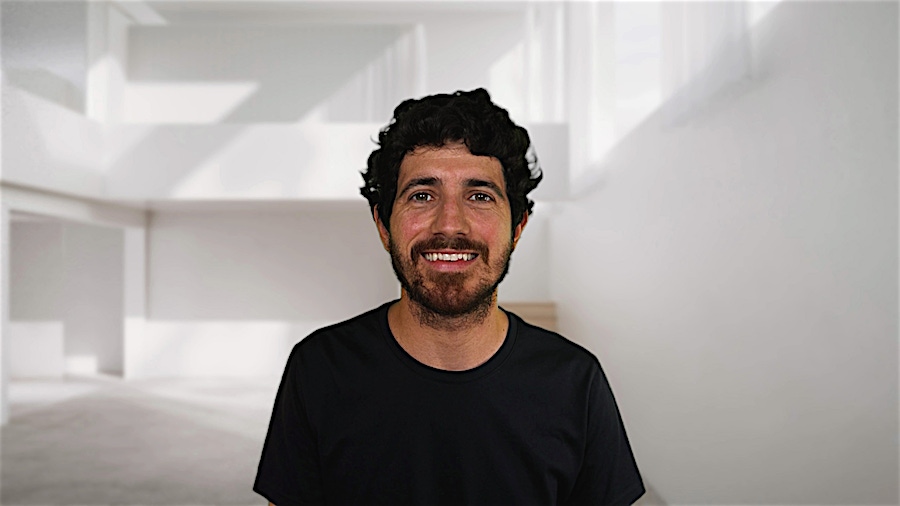
Experiments with OpenAI’s text-to-image generation AI system DALL-E 2, mini-essays on the creative process and being done, and blogging tools you can use.

Thoughts on traveling and meeting people in person after the COVID-19 pandemic.

My current habits, the podcast, the blog and sketches, the YouTube channel and the live stream, my new recording studio, monetization, crypto, and the importance of learning and play.

Andrew Witt, associate professor at Harvard University and author of Formulations, on how mathematics and computational methods transform the way we think, design, and make art.

Adam Menges is a founder at Lobe and a former Apple employee, currently working on something new.

Nate Peters on being intentional, digital art and generative NFTs, the advantage of established creators, and the fast pace of artificial intelligence & crypto.
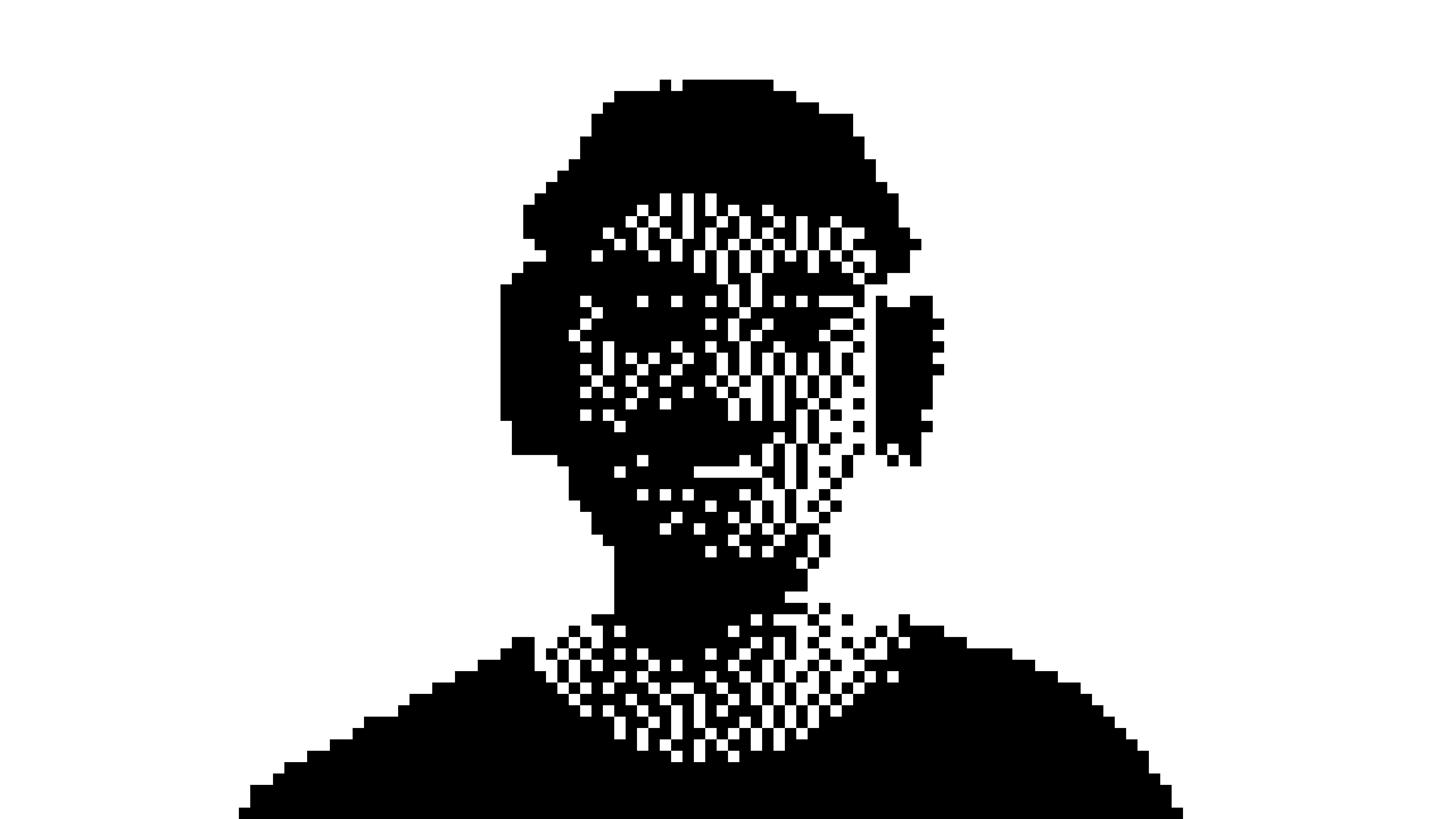
A conversation with an anonymous guest on how new technologies can help promote positive moral behavior, blockchain and crypto concepts, digital art and NFTs, the convenience of centralization, online identity, impostor syndrome, the ever-newbie, and lots more.

Jordan Gray on creative friction, the fine line between passion projects and work, storytelling in design, and overcoming the beginner feeling.

Podcasting, live streaming, sketching, and writing highlights of 2021, and why you should start writing in public.

Host Nono Martínez Alonso and Aziz Barbar on how complex machines work, technological polarization, and the growing need to make algorithms understandable.

Host Nono Martínez Alonso and Jose Luis Garcia Del Castillo on teaching and coding live.
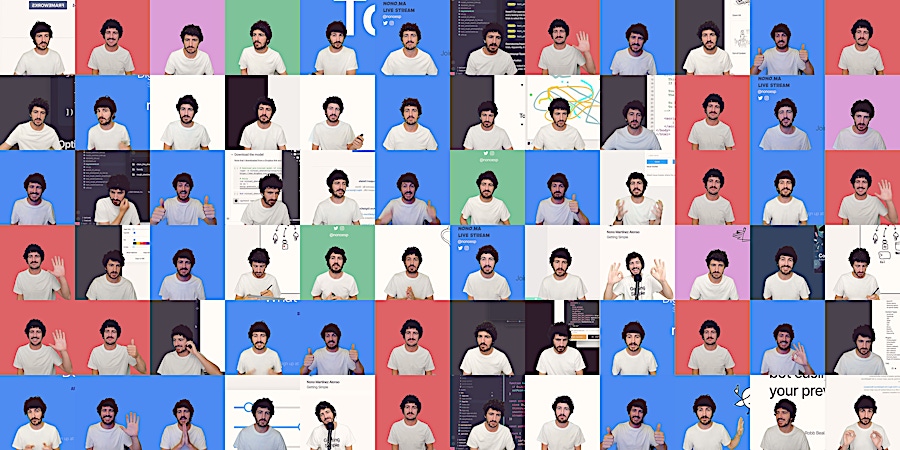
Host Nono Martínez Alonso replies to audience questions on the evolution of the live stream after a year of weekly streams.

Host Nono Martínez Alonso and Aziz Barbar on non-fungible tokens (NFTs), blockchain, cryptocurrencies, and digital art.

Host Nono Martínez Alonso and Nate Peters on the machine learning-based audio-editing solution this podcast is being produced with, web components, React and UI libraries, the effects of COVID-19 in our work lives, NFTs and cryptocurrencies, and the new informal catch-up conversation podcast format we're testing out.

Reclaiming time to be human.

Host Nono Martínez Alonso and Aziz Barbar on StyleGAN, NVIDIA's state-of-the-art machine learning algorithm that generates convincing images.

Host Nono Martínez Alonso and Jose Luis García del Castillo on the mindfulness of breath-hold diving and being deep underwater, best practices, equipment, and techniques, equalizing your middle ear pressure, scuba versus freediving, and recommendation systems.

Runway's co-founder Cristóbal Valenzuela on the need for new creative interfaces to control complex algorithms that focus on results (not technology), the freedom of being a startup, and how machine intelligence is changing how we think, design, and make art.

Illusionist Héctor Ruiz on getting started and standing out as a magician, how COVID-19 changed his world, his take on talent, effort, creativity, success, and entrepreneurship, and more.
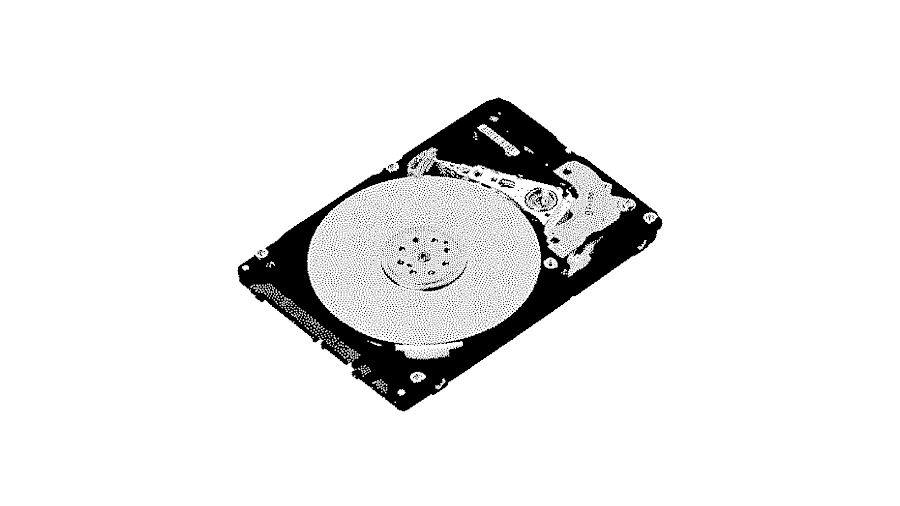
Host Nono Martínez Alonso and Aziz Barbar introduce the Bytes series—concepts at the intersection of digital technology and culture in a language we can all understand—and talk about cloud storage.

Luis Ruiz Padrón on the creative process behind his sketches, writing, and publications, seeing the world as an Urban Sketcher, identity, teaching, technology, life, success, and more.
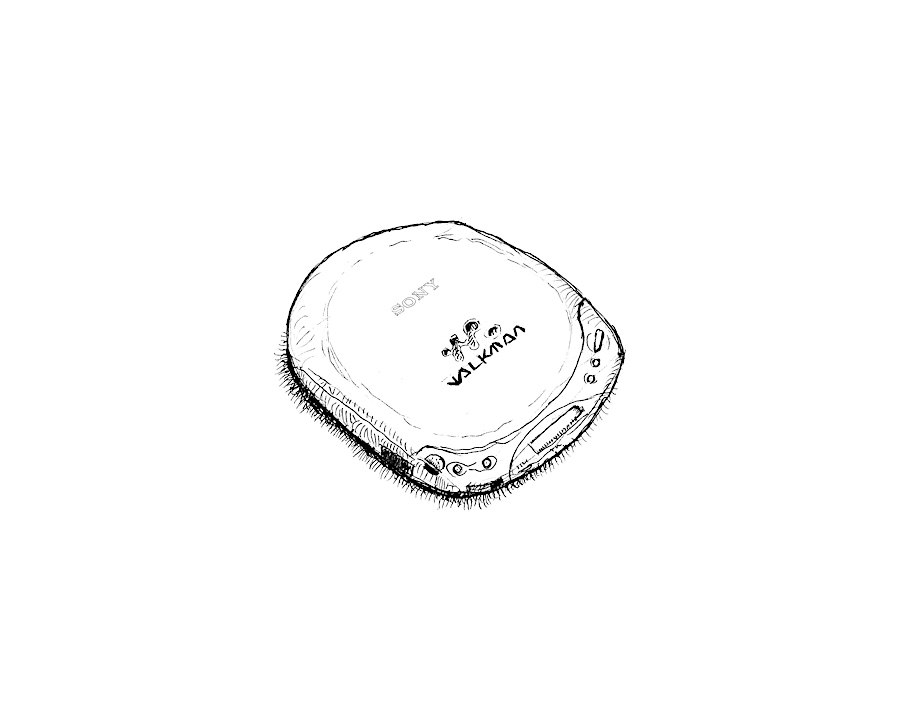
A practice to focus by listening to the same songs, over and over again.

Techniques, challenges, and reasons to live as if you were retired.

James Melouney & Selene Urban on how to get started with meditation, self-discovery, building trust and connection with your audience through a humane and authentic message, and key learnings from their entrepreneurial journey.

Strategist, investor, community builder, and NGO founder Mike Gabour on mindfulness and attention, meditation and dark showers, the multiplier effect, minimizing time in front of the screen, the contents of his backpack, and falling in love with the ocean.

Harvard's Jose Luis García del Castillo and host Nono Martínez Alonso on teaching, live streaming, the guilt of postponing things, the difficulties of delegating tasks and micro-management, the fear of shipping creative work, and lessons learned after forty podcast episodes.

During your commute, do you listen to music or podcasts?

Modelical's Roberto Molinos on the benefits of being patient and embracing uncertainty, a series of techniques, theories, and books that can help you rethink your company and market your products, and his 4-day workweek.

Celebrating a year of weekly sketches and stories.

Microsoft's Adam Menges—founder at Lobe.ai and a former Apple employee—on helping people build intelligence into their apps by making it simple and understandable, his unconventional education, having death present, regret avoidance, grit, and his daily routine for note-taking, file management, meditation, and much more.

Director Daniel Natoli on the making of Sisyphus, Getting Simple's first short film. A man is condemned to repeat a useless task day after day.
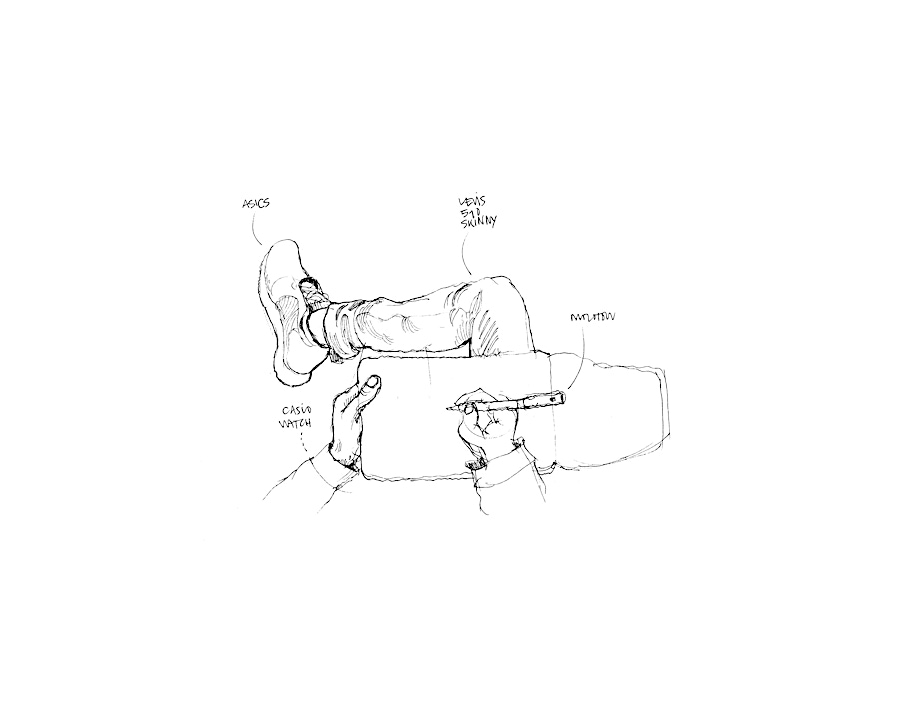
How to create good habits and break bad ones.

Generating lots of ideas might help you achieve originality.

Portfolio careerist Carmen Chamorro on the benefits of working in different fields, managing multiple interests, and how recognizing a potential Renaissance-like profile might positively influence your career.

Insisting Simplicity's author, JR, on crafting your own routine from scratch, writing, blogging, frugal practices to achieve financial independence, permaculture design, the struggles of making a living as an artist, and more.

Autodesk's Kean Walmsley (@keanw) on prioritizing fun, freedom, and flexibility, traveling and working around the world with family, blogging, teaching, remote work, and the post-COVID world.
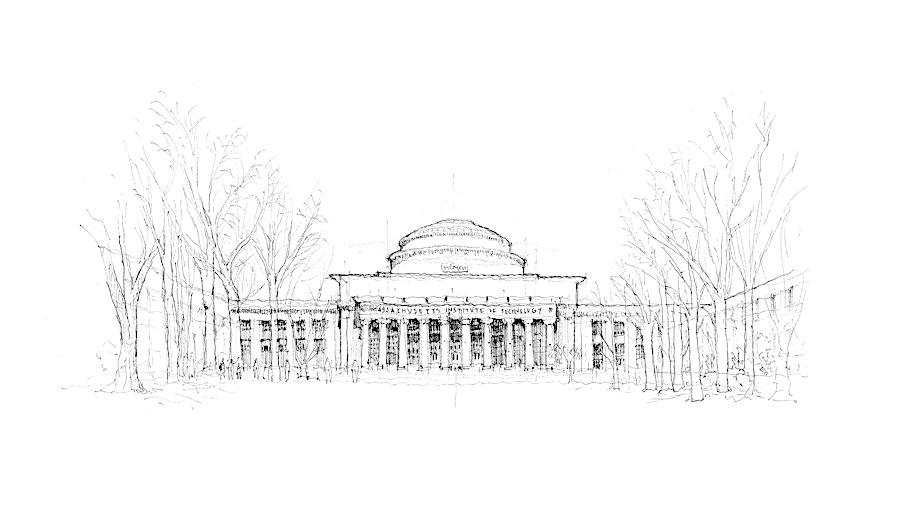
Here's an episode in memory of Patrick Winston which opens the new Sketches series with a short piece on story understanding with artificial intelligence and my experience attending Winston's 6.034 lectures at MIT. "Don't just tell me it's a school bus. Tell me why you think it's a school bus."

Scott Mitchell jumps in time to dissect his own experimentation life philosophy, his efforts to remove creative friction, and his worldview. An experimental episode on Scott's metaphor of the arena, experiments he's carried out over the past years, and his current solo adventure.
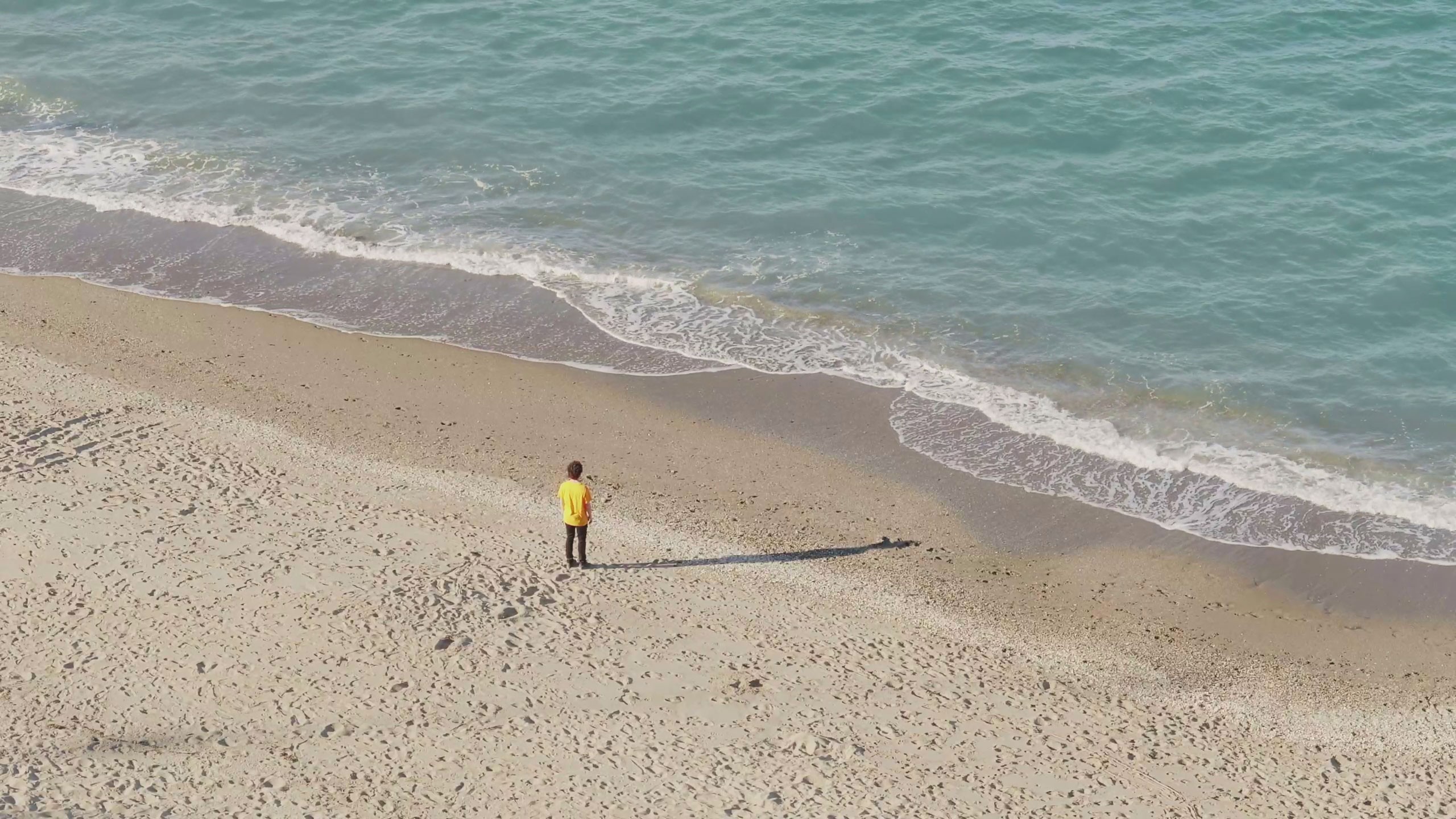
What I've learned and what's changed over the past year, and new habits that seem to be here to stick with me for years to come.

Technology whisperer Tatjana Dzambazova on asking the right questions to avoid the waste of talent, connecting and inspiring others, becoming vegetarian, and the myth of a better life.

Nono's daily writing process, tools, and techniques.

Nono Martínez Alonso on his story, his worldview, how and why he started Getting Simple, and the struggles and joys of making a podcast about simple living, doing less better, and crafting your own lifestyle.

Nate Peters on democratizing design tools and using his design skills for good, dealing with internet junk, potential misuses of machine learning, and more.

Harvard University's Andrew Witt on the power of ruminating ideas, understanding complex problems, curating signals, geometric simplicity, introspective automation, and finding time for reflection.

Scott H. Young on quickly mastering hard skills, acquiring knowledge, and becoming good at things that seem impossible to you right now.

Technologist and artist Cristóbal Valenzuela on powering your creative work with artificial intelligence, co-founding RunwayML to put machine learning in the hands of creators, and his take on simple living and creativity.

Artist and illustrator Pier Gustafson on living a simple life with what makes him smile, the messy creative process behind projects, clients, and deadlines, and being an artist in the twenty-first century.

Panagiotis Michalatos on the luxury of choosing to be simple and the emerging trend of simplicity, the power of intuition, questioning our creative interfaces and workflows, and his love for screens.

Nono Martínez Alonso on forgetting who you were trying to help, the main point behind creating tools, and the case of Machina, with Jose Luis García del Castillo y López.
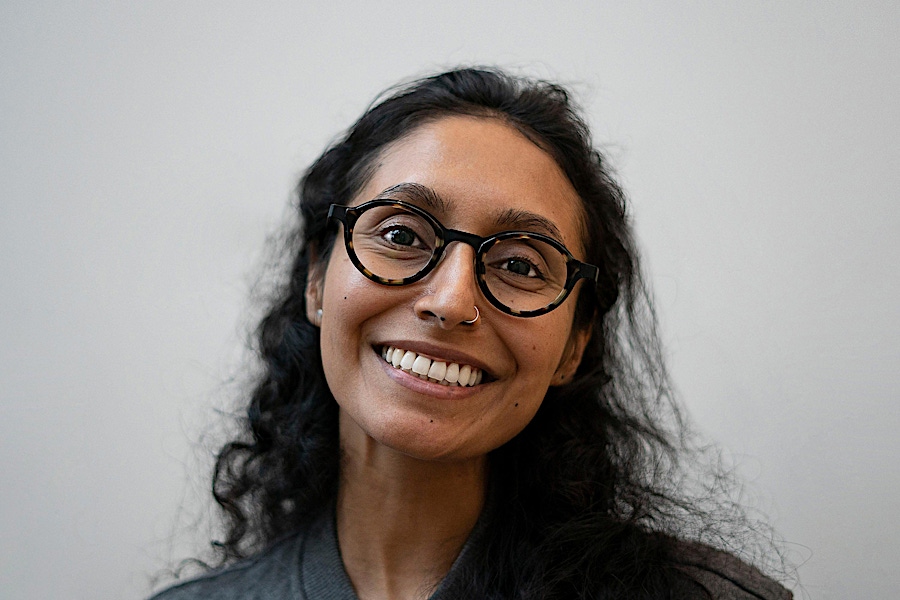
CEO of NuVu, Saba Ghole, on creating an innovation school & reinventing high school education; growth mindset; art and design as expressive mediums; changing places; simple life habits; technology; and more.

Tesla's Matt Jezyk on his rituals to slow down and stay afloat amongst all the things competing for your attention; embracing change and automation; techniques to be more creative; the rationale behind his ten-year life cycles; why he just transitioned from Autodesk to Tesla; and a lot more.

Antonio García Guerra, PhD from the University of Oxford, on the importance of physical activity, social time, and information to be more creative and perform at your maximum cognitive capacity.

Craig Long on how life is in the moments you didn't expect, quieting your inner intensity, helping others achieve complex goals when they don't know where to start, remote working, and disconnecting from technology.

Co-creator of "Processing" and founder of Fathom Information Design — Ben Fry (@ben_fry) — on the beginnings of the Processing programming environment, the use of information design and visualization to understand complicated data problems, and his approach to design, life, & work.

Artist, designer, and educator Jiyoo Jye on the struggles of making art and choosing your projects; education at an innovation school as a creative; when to share your work and the role of feedback; media consumption and technology; and her approach to a simpler, greener life.

Researcher Nathan Melenbrink on his research on simple robots, teaching, his efforts to bring news neutrality to the internet, liking new things, acquiring taste, and much more.

Host Nono Martínez Alonso gives a brief overview of what's new and what's coming to Getting Simple over the next months. Discover who's up next on The Getting Simple Podcast in September, October, and November 2018.

Hypar's Ian Keough on automating the generation of the built environment to help stakeholders make better decisions faster, writing code from his garage.

Saurabh Mhatre talks about the simplicity behind deployable systems, the chaos of taking pictures, mindful photography, material science, social media, productivity tools, and more.
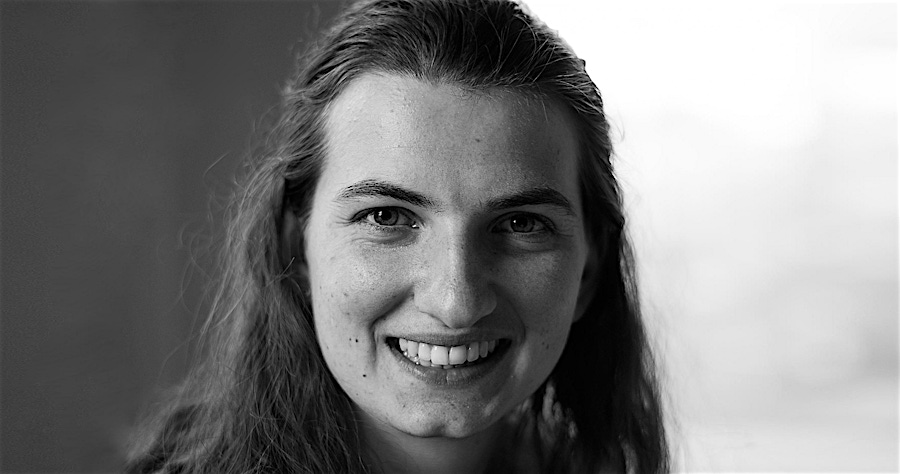
Julia Hayden talks about how our actions affect the planet, ways to fight our throw-away society and minimize waste, her love for tiny houses, and a lot more.

Peter Boyer (@ptrbyr) talks about his efforts to run away from notifications and centralized technologies toward decentralized, encrypted-by-default alternatives; and also about self-driving cars, being in relation with nature, addictive technologies, uses of machine learning for design, and a lot more.

Andrés Colubri (@codeanticode) on how he manages to do seemingly different things—such as art, computational biology, or open-source development—by connecting them around one overarching theme.

Jacob Hamman on how virtual reality and healthy life habits can help prevent and reverse Alzheimer's disease.

Jose Luis García del Castillo on robot control accessibility, learning from open-source software, the joy of being an educator, simple living, eating healthy, and more.

Zach Kron (@zachkron) talks with Nono about how new digital tools allow designers to work (and wether these tools make our lives simpler), and about life habits, boredom, constant connectivity and disconnection, digital clutter, and more.
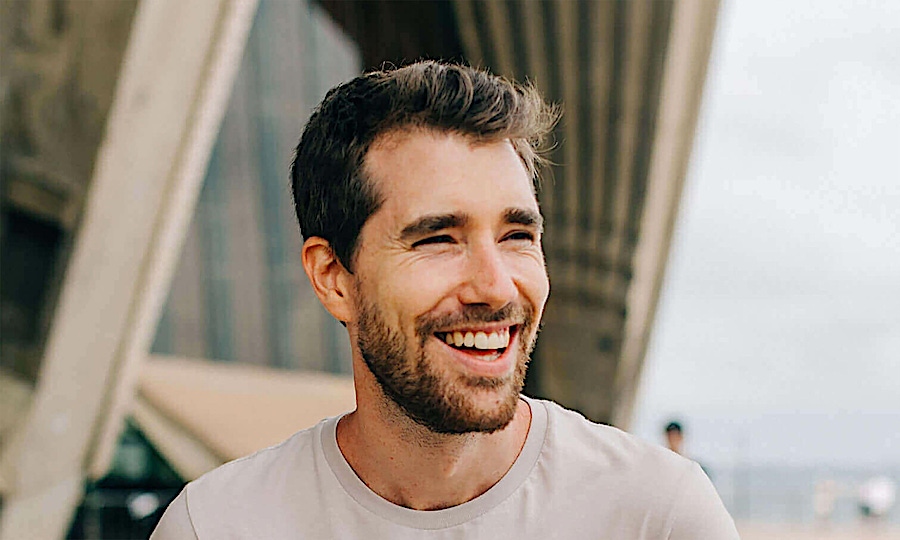
Author James Melouney on the art of success, self-motivation, positive habits, and purpose.